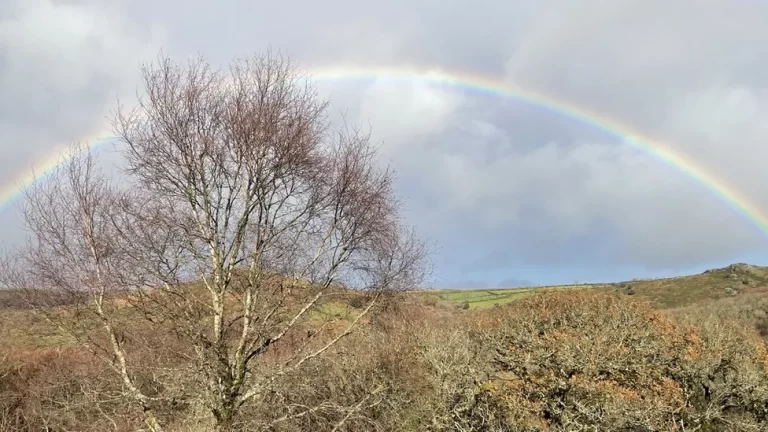England will get a new national park as part of a government set of “nature pledges” to give greater access and protection to the countryside.
Natural England will consider a list of possible sites, which could include the Chilterns, the Cotswolds and Dorset. Some environmentalists gave the news a cautious welcome, as government funding for national parks has fallen in real terms, forcing service and staff cuts.
Funding worth £15m was also announced for a range of protected landscapes.
That will be shared by England's 10 existing national parks and 34 National Landscapes, formerly known as Areas of Outstanding Natural Beauty. The package forms part of the government's final response to a 2019 review that criticised how such protected landscapes were managed and funded.
Julian Glover, the author of the Landscapes Review, which had called for three new national parks to be created, in the Chilterns, Cotswolds and Dorset, said he was thrilled to have “real progress backed with some extra money to help our national landscapes and national parks do more for people and more for nature”.

“They are beautiful places that lift our souls and should be full of life but we now need to find new and greater ambition to support a nation which needs them to thrive.” But Dr Rose O'Neill, chief executive of the Campaign for National Parks, said the existing parks had suffered a 40% cut in real terms funding since 2010 and were being “financially throttled”.
“Today's investment will go some way to easing the burden in the short term but the next crisis could be just around the corner,” she said. Parks across the country have had to make cuts to staffing levels and visitor services as their core grant from government has fallen in real terms.
Kevin Bishop, chief executive of Dartmoor National Park, welcomed the news but with some reservations.
“A new national park is good news for Britain. It's brilliant for our economy, brilliant for our environment,” he said. “I suppose the key thing for existing national parks is that the money for the new national park needs to be on top of what the existing national parks receive.”
Although he welcomed the new £15m funding for larger projects, he said what was really needed was more money for day-to-day running costs.
“What we really need is revenue funding to pay for the salaries of the staff on the ground. Feet on the ground helps us deliver practical projects for nature and for people,” he explained. Setting up a new national park in England was a Conservative manifesto commitment and next year marks 75 years since the act of Parliament that allowed for their creation.
‘Extraordinary landscapes'
The most recent national park to be created in England was the South Downs in 2010.
Wales and Scotland are also looking to create a new national park each. Wednesday's announcement by the new Secretary of State for Environment, Food and Rural Affairs, Steve Barclay, is just the beginning of a process that could take up to five years.
He told the BBC: “They are a really important part of our way of life and that's why we're launching this competition for a new national park. And we're going further than that. We are putting in an extra £5m this year and an extra £10m next year.”

He added that the government would deliver on its commitment “to halt the decline of nature and safeguard at least 30% of our extraordinary landscapes”.
The government said the £15m announced was new funding, with £10m to be released next year and a £5m pot made available this financial year from which national park authorities could bid for funding to improve rivers, lakes and water quality.
Thirty-four new landscape recovery projects will also be created under the ELMs farm payments scheme which will see 200,000 hectares of land managed to benefit nature and sustainable food production. Further funding of £2.5m will be used to help give disadvantaged young people access to the countryside while £750,000 will be set aside for research into protecting England's temperate rainforests.
Labour's Shadow Environment Secretary, Steve Reed, said it had been under the Conservatives that the UK had become “one of the most nature-depleted countries in the world”.
— CutC by cnn.com


